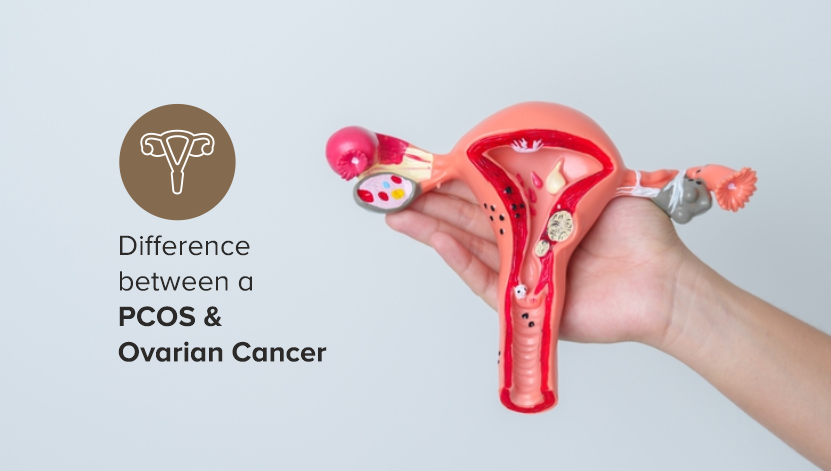Polycystic Ovary Syndrome (PCOS) and ovarian cancer are two conditions that affect the ovaries and have profound implications for women's health. Despite affecting the same organs, PCOS and ovarian cancer are fundamentally different in their nature, causes, symptoms, and impact on health.
